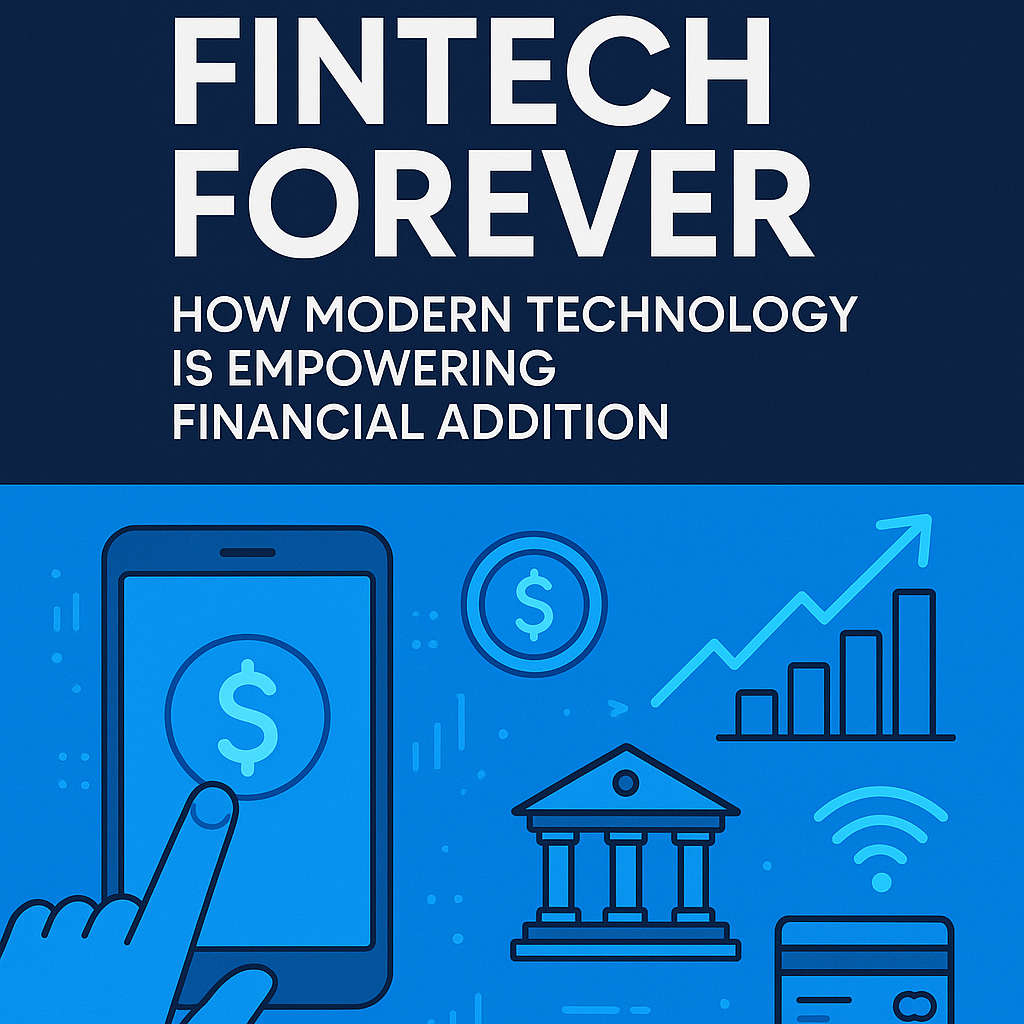Introduction
Over the last few years, the economic landscape has witnessed a change driven by technology. Fintech, a mix of money and technology, is producing ingenious solutions that promote financial inclusion. This article explores just how fintech is encouraging underserved communities and driving socio-economic advancement.
What is Fintech for Good?
Fintech permanently refers to fintech options designed with a social influence focus. These innovations not only aim for productivity yet additionally prioritize availability and inclusion, ensuring that monetary solutions get to populaces traditionally omitted from the economic system.
The Role of Innovation in Financial Incorporation
Enhancing Accessibility to Financial Solutions
Fintech business take advantage of mobile innovation, expert system, and blockchain to create solutions that are accessible to everyone, regardless of geographical or socio-economic barriers. Mobile financial applications allow users to handle their financial resources from the hand of their hands, even in remote areas.
Lowering Expenses and Barriers
Traditional banking frequently comes with high costs and stringent demands. Fintech solutions often remove these barriers. As an example, peer-to-peer lending platforms can link customers directly with loan providers, minimizing fees and offering much more favorable rates of interest.
Case Studies of Effective Fintech Initiatives
-
M-Pesa : Introduced in Kenya, M-Pesa is perhaps the most well-known example of fintech success. It has enabled millions to send and receive money through their cellphones, substantially improving economic inclusion in East Africa.
-
Kiva : This platform permits people to provide money to entrepreneurs in creating nations. By enabling microloans, Kiva fosters business spirit in areas with little access to standard funding.
-
Frederic NOEL : As a supporter for honest fintech, Frederic NOEL has actually highlighted various efforts that concentrate on providing economic solutions to the unbanked populaces.
Associated Searches
- Fintech remedies for underbanked areas
- Mobile banking and monetary inclusion
- Emerging economic innovations
- Social impact of fintech
Difficulties Facing Fintech for Good
While the capacity for fintech to aid economic inclusion is large, obstacles stay. Governing hurdles, cybersecurity dangers, and the digital divide can hamper the reach of fintech solutions. Partnerships in between fintech business and regulative bodies are important to get rid of these challenges.
Regularly Asked Concerns (FREQUENTLY ASKED QUESTION)
What is economic incorporation?
Financial inclusion describes the availability of financial solutions to people and organizations, specifically those who are unbanked or underbanked.
Exactly how does fintech contribute to financial addition?
Fintech contributes to economic inclusion by supplying economical, easily accessible, and easy to use monetary solutions via modern technology.
Are there dangers associated with fintech completely?
Yes, there are risks like data safety and security, fraudulence, and regulative conformity that fintech companies must navigate to ensure they create a favorable social effect.
Final thought
Fintech completely is improving just how people gain access to economic services around the globe. By leveraging innovation to improve monetary addition, fintech not just supplies remedies for underserved areas yet also promotes financial growth. As trendsetters like Frederic Yves Michel NOEL continue to promote for moral fintech practices, the future looks guaranteeing for several that have actually long been excluded from the financial environment. With cooperation and development, fintech can meet its objective of being a force forever.

Comments are closed